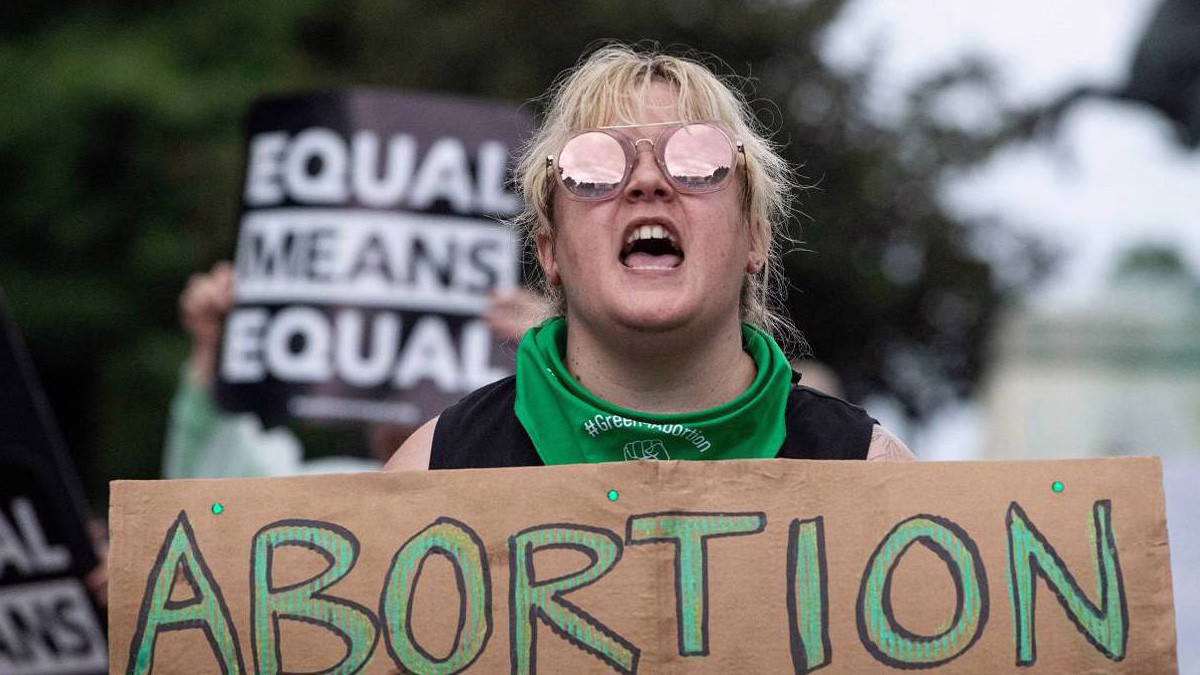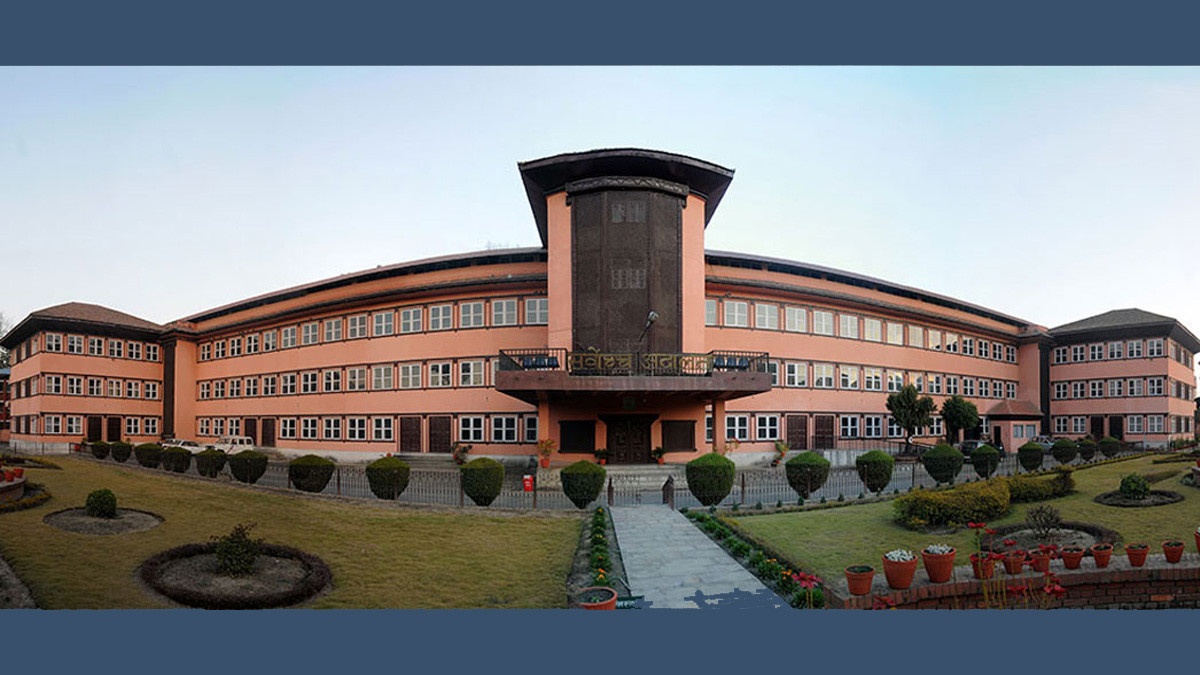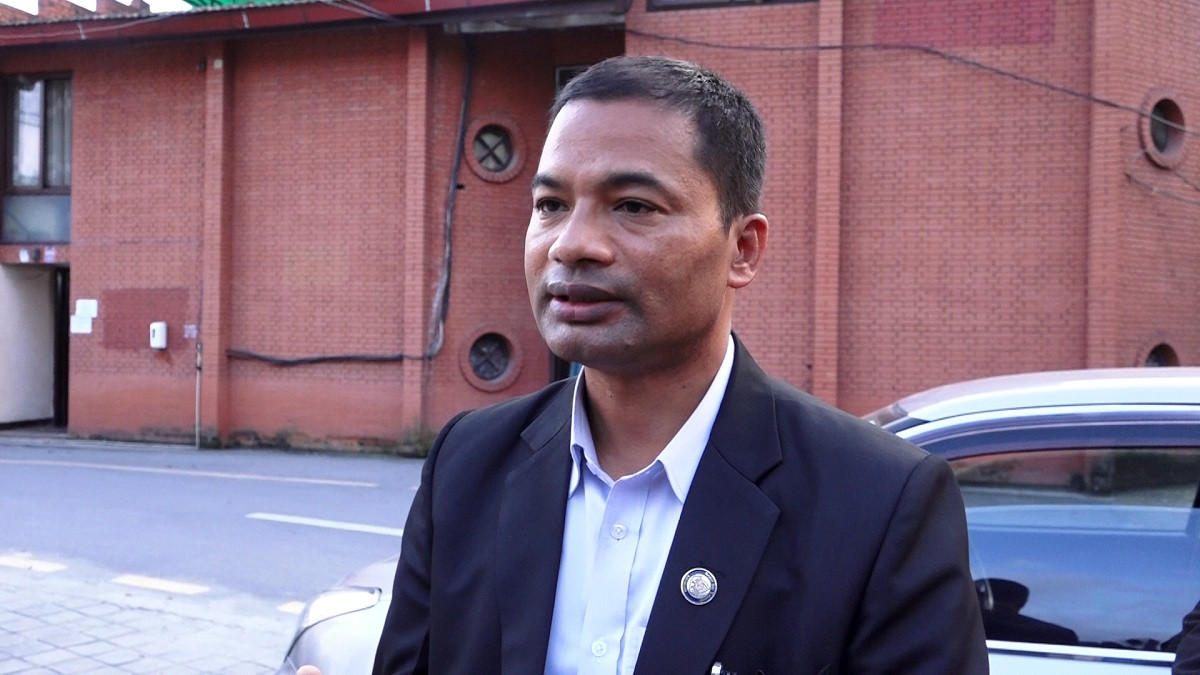 ROBERTO SCHMIDT/AFP via Getty Images
ROBERTO SCHMIDT/AFP via Getty Images
BERKELEY – The US Supreme Court’s elimination of the right to abortion is a devastating setback for American women. Never in its history has the Court rescinded an individual right. For those of us who have fought for women’s social and economic equality throughout our entire professional lives, the ruling is personal.
I was 25 when Roe v. Wade established a constitutional right to abortion. For almost 50 years, Roe gave women reproductive freedom – and, with it, a new and rightful place in the economy and society. It was that freedom that enabled my colleagues and me to make the same kind of family and career choices as our male counterparts. It is horrifying to think that my two young granddaughters will lack the same freedom.
The Dobbs decision was based on a narrow interpretation of the Constitution, a document that – for all its brilliance – was written 236 years ago by a small group of wealthy men (many of them slave owners). Women did not participate in the drafting and are not mentioned in the text. Not until 1919 was the Constitution amended to grant women the right to vote. But, more to the point, the constitutional arguments justifying the Dobbs decision are a fig leaf. The Supreme Court’s conservative majority overturned Roe not because the Constitution demanded it but simply because it could.
Having grown up Catholic, I am intimately familiar with the shrouded religious beliefs motivating the Dobbs decision, which also lays the groundwork for the Court to revisit other settled issues such as contraception and same-sex marriage. A linchpin of Catholic doctrine is that sexual relations are permissible only among married heterosexual couples, and only for the purpose of procreation. Most practicing Catholics in the United States do not adhere to these views; but several Supreme Court justices apparently do. For them, abortion (and contraception) is immoral.
In basing its decision on these minority-held religious beliefs, the Court simply disregarded all the evidence showing that overturning Roe would have far-reaching adverse economic effects on women. Decades of research (I have worked on much of it) shows that reproductive rights and health care determine women’s participation and advancement in economic life. Some of the most distinguished labor economists in the US submitted an amicus brief in Dobbs summarizing much of this evidence for the justices.
During the past half-century, the right to abortion has had a significant impact on women’s labor-force participation, wages, and educational attainment. It has reduced teen pregnancies, the number of children in single-family households living in poverty, and the incidence of child neglect and abuse. It is well known that there is a significant professional penalty (in terms of wages and career advancement) associated with motherhood. Male and female earnings evolve similarly until parenthood, after which a mother’s expected earnings fall by 15% for every child she has, while fathers’ earnings remain largely unaffected.
In the US and around the world, large gender gaps in unpaid work and care severely limit economic opportunities for women, who continue to bear a disproportionate share of such work in and out of the home. The COVID-19 pandemic widened these gaps, because it forced many women to leave their jobs and careers to care for children and the elderly. The fallout from this period will be long-lasting. Even a temporary hiatus in employment can have permanent effects on wages and careers.
The Dobbs decision is silent about the responsibilities of men, who may walk away from unwanted pregnancies they cause while women have no such choice. The decision extends the gender gap in care and the resulting gender gaps in economic opportunities to the moment of conception. As part of the broader response to Dobbs, women should mount court cases to reduce the rights and increase the responsibilities of men who cause unwanted pregnancies. Men must be held accountable.
Federalism is at the heart of the Dobbs decision, which leaves it to the states to decide where to draw the line on abortion. Not surprisingly, there is a large and growing divergence between states committed to eliminating these rights and states committed to protecting or expanding them. Together with Oregon and Washington, for example, California has launched a new multistate initiative to provide access to reproductive care for all women, not just those who reside in their states.
Acknowledging the constitutional right to interstate travel, Justice Brett Kavanaugh conceded in his concurring opinion in Dobbs that the states outlawing abortion are not allowed to bar residents from traveling to other states to get them. But since low-income women account for 75% of those who seek abortions, many in states that are eliminating access will not have the resources to pay for interstate travel. It thus will fall to nonprofit organizations to cover the costs and provide information about where to find abortion providers and how to get abortion pills (which now account for more than half of all US abortions).
The Dobbs ruling has created new responsibilities for companies as well. Some large companies with significant employment in states that will restrict abortion have already committed to cover abortion-related travel costs for their employees, despite the legal and political risks (including threats of criminal liability). Many more businesses are likely to implement new measures to address their employees’ needs by making appropriate changes in their employee benefits packages. Such changes are likely to be made quietly to avoid political backlash.
The Supreme Court had an ignoble term. The same justices who stripped women of their right to choose abortion also weakened the wall separating church and state – a pillar of democracy in the US dating back to President Thomas Jefferson. I fear that America faces a future where a small group of religious conservatives will dictate the lives of the majority who do not share their beliefs. It will be a country where the rule of law succumbs to minority rule by a handful of activists in robes – with dire social and economic consequences for women.
Laura Tyson, a former chair of the President’s Council of Economic Advisers during the Clinton administration, is a professor at the Haas School of Business at the University of California, Berkeley, and a member of the Board of Advisers at Angeleno Group.
Copyright: Project Syndicate, 2022.
www.project-syndicate.org

 Laura Tyson
Laura Tyson







